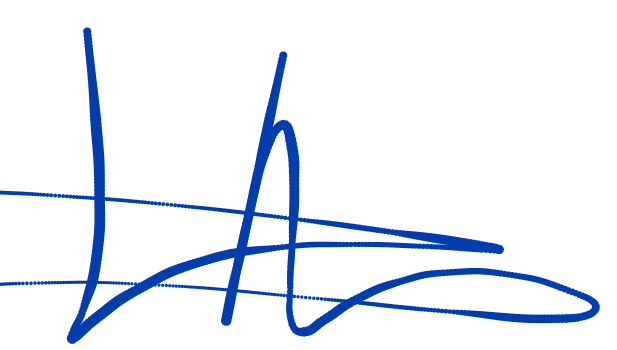Part 1: Focus on You

This is first in a series of blogs aimed at helping managers navigate the COVID-19 pandemic. It’s a complex and rapidly changing time that places a lot more on the plates of already busy managers.
Managing people may be something you trained for and enjoy, something you were elevated to based on experience, or something you really don’t like but have to do. Irrespective of how you got there, it’s your job. And the truth is, managing people these days requires some additional flexibility, patience and skill.
But before we delve into helping employees, I want to spend some time to talk about you. Not as a manager, per se, but as a person. Remember, not only are your employees struggling with the current crisis – you are too! The reality is that if you’re not tending to yourself, it’s difficult to manage or support others. Let me share a personal example: in today’s morning meeting a co-worker who knows me well sent a message simply asking, “are you OK?” I was initially confused, but then I realized something important—I was feeling pretty exhausted. It wasn’t apparent to me at the time, but it was to those around me. My response was, “Thank you, I’m okay, but this whole work from home thing is getting old and I’m dragging.” The realization of feeling off and my coworker expressing some understanding, began to change my perspective, mood and engagement level for the day. The real question is why didn’t I notice this, for myself, earlier? Answer: because I’m human. And I needed and appreciated the nudge.
Great managers focus on employee needs and helping to get those needs met. However, we, as managers (especially during COVID-19) need help too. We have loved ones who are vulnerable to COVID-19, or perhaps have it. Meanwhile we’re trying to balance work with home life, at a time when both are potentially stressful due to increased workloads, furloughs, home schooling—you name it.
Now more than ever, it’s critical that we take care of ourselves. Forgoing self-care is not only unhealthy, it makes our work infinitely harder. Conversely, if we care for ourselves, we’re better equipped to help our employees when they need us most. What we do to care for ourselves matters less than doing something to care for ourselves. While this may seem counter-intuitive, it’s true.
Are you more productive if you never get up from your desk for eight hours straight, or if you take short breaks throughout the day? When you take breaks, of course. But during times of disruption, it’s easy to forget to take that time. Whatever helps you find your “center,” set time aside for it each day, even if for only 10 minutes. Be intentional, or it’s not likely to happen.
In addition, give yourself an emotional break—don’t beat yourself up. What we’re experiencing is unlike anything else in our lifetime, full stop. There’s no playbook, manual, or guiding set of principles to follow. In the span of a week, I have, without question, made multiple mistakes in my personal and work life. This is okay. Perfection never existed before COVID-19, and it’s only further away in the midst of COVID-19.
Lastly, be in-tune with your emotions. No, I’m not talking about setting aside time to cry every day (although there is nothing wrong with that if it helps). Rather, it’s about paying attention to how you’re feeling. Feeling numb (like you aren’t able to feel anything at all) is a common reaction during times of extreme stress but it’s not healthy for long periods. Feeling very anxious is likely to affect productivity, decision making and interaction with others. Humans are emotional creatures, and emotion plays a large role in how we think, react and make-decisions. Being aware of your emotions will help you stay in touch with yourself as well as recognize the emotional states of your employees—something we’ll discuss in a later blog.
While trying to effectively manage employees, and life itself, remember to find time today, and every day, to care for yourself. It’s not only how we survive, but thrive, and help others do the same.

Tyler is Associate Medical Director of R3 Continuum (R3c), a global leader in protecting and cultivating workplace wellbeing in a complex world. He has over 13 years of domestic and international experience in behavioral health workplace absence—including disability and worker’s compensation assessment, consultation with employers and insurers on complex claims, effective return to work strategies, program development and improvement, and training and supervision of industry professionals. He’s a sought-after speaker, writer and contributor in the field of workplace behavioral health. You can reach him at [email protected]
For more information from our Subject Matter Expert’s regarding COVID-19, check out some of our other daily blogs:
Daily Security Blog: https://r3c.com/news-and-events/covid-19-daily-security-blog/

